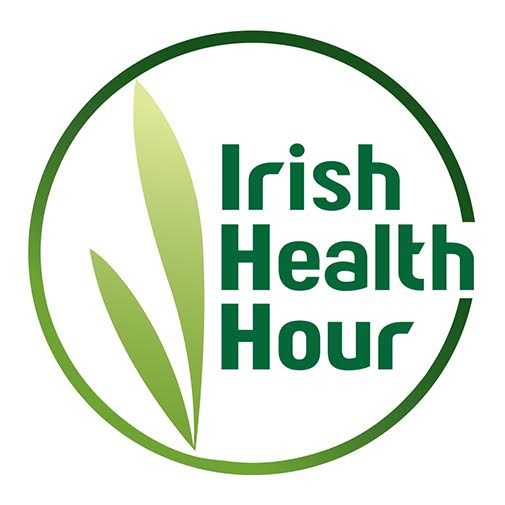The Future of Learning Mobility within the European Union
My experience attending a Citizens Panel on Learning Mobility in Brussels last weekend, allowed me to experience first-hand how inclusion and diversity are incorporated into the early stages of information gathering at a European Commission level.
As a Wellness Trainer and Holistic Life Coach, I am acutely aware how inclusion and diversity play such an important role in a person’s ability to feel a sense of belonging.
The topics discussed at these innovative Citizens’ Panels impact people from all walks of life regardless of race, gender, or socioeconomic background.
The Citizens’ Panels were launched at the beginning of this year and put citizens at the centre of shaping the future of the European Union. They do this by allowing citizens to have their say, outside of elections, and being more deeply involved in community issues and public decision-making. They are comprised of 150 citizens who are randomly selected from each of the 27 EU countries.
During these interactive weekends the citizens are further broken up into different groups of about 12 people supported by a facilitation team, and over three weekends discuss and make recommendations around different aspects of the central topic. These recommendations are then brought before a plenary session to be voted on by all 150 members collectively on the last day.
The panels allow for, and in fact are enriched by the diversity of ideas, cultures, traditions and languages of the participating citizens who share in their own language, and from their own perspectives and values , with the help of interpreters.
The Citizens’ Panels are a way for people to realise that they are having a say in the future of their own lives and are a tangible way for the European Commission to incorporate the European Union’s motto of “united in diversity”.
How did the Citizens’ Panels come about?
They came about after the very successful Conference on the Future of Europe which took place in 2021/22, where 800 randomly selected citizens gathered in four European Citizens’ Panels. At the end of that Conference the citizens formulated 178 recommendations, which later resulted in 49 proposals and more than 300 associated measures”.
Why Learning Mobility?
One of the recommendations suggested by the Conference on the Future of Europe was to establish an inclusive European Education Area within which all citizens would have equal access to quality education and life-long learning, including those in rural and remote areas. It was to be established by 2025.
The European Union already has a track record of over 35 years of fostering programmes and strategies to enhance the mobility of citizens and promote cross-border exchanges and cooperation in learning through initiatives such as the Erasmus+ programme.
After hearing the debate at the plenary sessions on Sunday morning, where all recommendations from the previous three weeks had to be voted on, I asked a Commission source about how they bring these proposals forward, especially in situations where all member states may not be in agreement with certain aspects of the recommendations.
The commission source explained that the outcome from these Citizens’ Panels are brought to the table and discussed further at both European and local Government level by each of the participating countries before being brought into law.
However, the importance of hearing what their citizens were concerned about will be an important consideration in this process and will go a long way in developing a framework for future projects.
______________________________________________________________________________________
I spoke with Wayne Denner for his podcast Zero Lives Left who also attended the media trip. You can listen to his podcast episode here.
